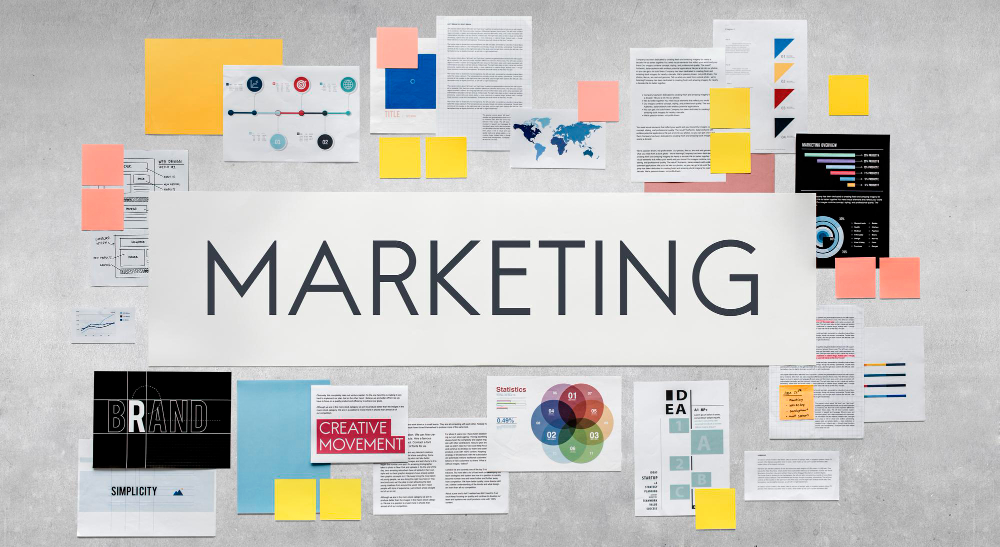
Digital marketing services encompass a wide range of online strategies and techniques used to promote products, services, or brands through digital channels. These services are designed to reach and engage with target audiences using various online platforms, driving traffic, generating leads, and ultimately increasing sales. Digital marketing services typically include a mix of the following:
Wider Reach and Accessibility:
Digital marketing allows businesses to reach a global audience, breaking down geographical barriers. With billions of people using the internet, digital marketing enables businesses to connect with potential customers anytime, anywhere, making it accessible to both large and small businesses.Targeted Advertising:
Unlike traditional marketing, digital marketing allows for precise targeting based on demographics, behavior, interests, and other factors. This means that businesses can reach specific segments of their audience with tailored messages, improving the chances of converting leads into customers.Cost-Effective:
Digital marketing is often more cost-effective than traditional marketing methods. Small businesses, in particular, benefit from digital marketing's affordability, as it allows them to compete with larger companies by targeting specific audiences and tracking ROI more accurately.Measurable Results:
One of the biggest advantages of digital marketing is the ability to measure results in real-time. Businesses can track metrics like website traffic, conversion rates, and engagement, allowing for data-driven decisions and the ability to quickly adjust strategies for better outcomes.Improved Customer Engagement:
Digital marketing facilitates two-way communication between businesses and customers, enabling more personalized and interactive experiences. Social media platforms, in particular, allow businesses to engage with their audience, respond to inquiries, and build relationships that foster brand loyalty.Higher Conversion Rates:
By targeting the right audience and delivering personalized content, digital marketing often leads to higher conversion rates. For instance, email marketing campaigns can be tailored to individual customer preferences, increasing the likelihood of a purchase.Enhanced Brand Awareness:
Consistent and strategic digital marketing efforts increase brand visibility and awareness. Through content marketing, SEO, and social media, businesses can establish a strong online presence, making it easier for customers to find and recognize their brand.Flexibility and Adaptability:
Digital marketing campaigns can be quickly adjusted or scaled based on performance data. This flexibility allows businesses to test different strategies, optimize campaigns on the fly, and respond to market changes more effectively than traditional marketing methods.Competitive Advantage:
In today's digital age, businesses that leverage digital marketing have a significant advantage over those that rely solely on traditional marketing. Digital marketing helps businesses stay competitive by allowing them to be more agile, reach wider audiences, and offer better customer experiences.Facilitates Business Growth:
As digital marketing drives more traffic, generates leads, and increases sales, it directly contributes to business growth. With the ability to target specific audiences and measure success, businesses can scale their marketing efforts efficiently, leading to sustained growth over time.